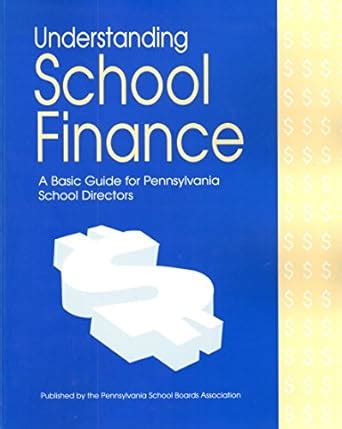Understanding Your PA School Financial Options: A Comprehensive Guide
The journey to becoming a Physician Assistant (PA) is demanding, both academically and financially. Tuition costs for PA programs are substantial, leaving many prospective students wondering how to navigate the complex world of financial aid and funding. This comprehensive guide will explore your various financial options for PA school, helping you understand the landscape and make informed decisions.
What are the Average Costs of PA School?
The cost of a PA program varies significantly depending on the institution, location (public vs. private), and program length. Expect to pay anywhere from $60,000 to $150,000 or more for a Master's degree program. This cost includes tuition, fees, books, supplies, and living expenses. It's crucial to research specific program costs early in the application process to accurately assess your financial needs.
How Can I Finance My PA Education?
Securing funding for PA school requires a multi-pronged approach. Here are some key financial avenues to explore:
1. Federal Student Loans:
The cornerstone of financing for many PA students is federal student loans. These loans offer several advantages:
- Lower interest rates: Compared to private loans, federal loans generally come with more favorable interest rates.
- Flexible repayment options: Various repayment plans are available, such as income-driven repayment, to help manage debt after graduation.
- Deferment and forbearance: These options allow temporary suspension of payments during periods of financial hardship.
2. Private Student Loans:
If federal loans don't cover the entire cost, private loans can help bridge the gap. However, they often come with:
- Higher interest rates: Interest rates are usually higher than federal loans.
- Less flexible repayment options: Fewer repayment options are usually available compared to federal loans.
- Stricter eligibility requirements: You'll need a strong credit history or a co-signer to qualify.
3. Scholarships and Grants:
Numerous scholarships and grants are available specifically for PA students. These awards don't need to be repaid, significantly reducing your overall debt burden. Explore options through:
- Your PA program: Many programs offer institutional scholarships based on academic merit or financial need.
- Professional organizations: The American Academy of Physician Assistants (AAPA) and other organizations offer scholarships to deserving students.
- External scholarship databases: Websites like Scholarships.com and Fastweb can help you find relevant scholarships.
4. Military Funding:
For those eligible, military programs like the Health Professions Scholarship Program (HPSP) can cover tuition, fees, and a monthly stipend in exchange for a period of service after graduation.
5. Personal Savings and Family Contributions:
Leveraging personal savings and family contributions can greatly reduce your reliance on loans. Begin saving early to maximize the impact of your contributions.
How Do I Apply for Financial Aid?
The application process typically involves completing the Free Application for Federal Student Aid (FAFSA). This application determines your eligibility for federal student loans and grants. You’ll also need to submit a separate application for institutional and private scholarships and loans. Begin the process early to allow ample time for processing.
What are the Repayment Options After Graduation?
After graduation, you'll need to begin repaying your student loans. Understanding your repayment options is crucial for managing your debt effectively. Common options include:
- Standard repayment: Fixed monthly payments over a set period (usually 10 years).
- Graduated repayment: Payments start low and gradually increase over time.
- Income-driven repayment (IDR): Monthly payments are based on your income and family size. This is often the most affordable option for new graduates with lower salaries.
- Extended repayment: Extends the repayment period, lowering monthly payments but increasing total interest paid.
How Can I Budget Effectively During PA School?
Budgeting effectively during PA school is essential to manage your finances responsibly. Create a realistic budget that accounts for all your expenses, including tuition, housing, food, transportation, and books. Explore affordable housing options, utilize student discounts, and minimize unnecessary expenses.
What about Loan Forgiveness Programs?
Several loan forgiveness programs exist for healthcare professionals, including PAs, who work in underserved areas or specific specialties. Research these programs to see if you qualify. These programs can significantly reduce or even eliminate your student loan debt.
By diligently researching and strategically planning your financial strategy, you can successfully navigate the financial challenges of PA school and embark on your chosen career path with greater confidence. Remember to contact your PA program's financial aid office for personalized guidance and support.

